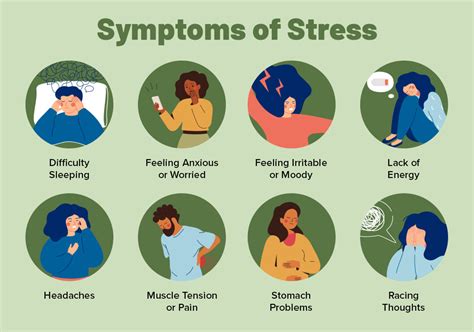Optimal recovery strategies for men’s peak performance & muscle growth?

The Unsung Hero: Why Recovery Matters So Much for Men
For men dedicated to building muscle and achieving peak physical performance, the focus often gravitates towards intense workouts and heavy lifts. While training provides the stimulus, it’s during the recovery phase that the real magic happens. Optimal recovery isn’t just about resting; it’s a strategic process that repairs muscle tissue, replenishes energy stores, rebalances hormones, and ultimately prepares the body to come back stronger, bigger, and more capable.
Pillar 1: Prioritize Quality Sleep for Hormonal Harmony
Sleep is arguably the single most critical recovery component. During deep sleep cycles, your body releases growth hormone, essential for muscle repair and growth, and optimizes testosterone levels, which are vital for men’s strength and vitality. Insufficient sleep elevates cortisol (the stress hormone), which can lead to muscle breakdown and fat storage, undermining your hard work in the gym.
- Aim for 7-9 hours of uninterrupted sleep per night.
- Establish a consistent sleep schedule, even on weekends.
- Optimize your sleep environment: dark, cool, and quiet.
- Limit screen time before bed to avoid blue light disruption.

Pillar 2: Fueling the Machine: Strategic Nutrition
What you eat plays a direct role in how efficiently your body recovers and grows. Post-workout nutrition is particularly critical, but consistent, nutrient-dense eating throughout the day provides the building blocks for repair and performance.
- Protein Intake: Consume 1.6-2.2 grams of protein per kilogram of body weight daily, spread across meals. Protein provides the amino acids needed for muscle protein synthesis.
- Complex Carbohydrates: Replenish glycogen stores, your primary energy source, especially after intense training. Whole grains, fruits, and vegetables are excellent choices.
- Healthy Fats: Essential for hormone production, nutrient absorption, and reducing inflammation. Include sources like avocados, nuts, seeds, and fatty fish.
- Micronutrients: Don’t overlook vitamins and minerals. They facilitate countless physiological processes, from energy production to immune function.

Pillar 3: Hydration – The Often-Overlooked Foundation
Water is involved in almost every bodily function, including nutrient transport, temperature regulation, and joint lubrication. Dehydration can impair performance, slow recovery, and even impact cognitive function.
- Drink plenty of water throughout the day, not just during workouts.
- Consider electrolytes if you train intensely or in hot environments.
- Monitor urine color; pale yellow indicates good hydration.
Pillar 4: Active Recovery & Mobility Work
While rest days are important, complete inactivity isn’t always the best approach. Active recovery, which involves low-intensity movement, helps increase blood flow to muscles, reducing soreness and speeding up the removal of metabolic waste products. Mobility work improves range of motion and prevents injuries.
- Light cardio: brisk walking, cycling, swimming for 20-30 minutes.
- Stretching and foam rolling: target tight muscle groups to improve flexibility and release tension.
- Yoga or Pilates: enhance core strength, flexibility, and body awareness.

Pillar 5: Mastering Stress Management
Chronic stress, whether from training, work, or personal life, significantly impacts recovery. Elevated cortisol levels can hinder muscle growth and lead to fat accumulation. Implementing stress-reducing practices is crucial for overall well-being and physical gains.
- Mindfulness and meditation: even a few minutes daily can make a difference.
- Deep breathing exercises: help calm the nervous system.
- Engage in hobbies and spend time in nature: mentally decompress.
- Ensure adequate downtime: schedule periods of relaxation.

Pillar 6: Smart Supplementation (When Appropriate)
While not a substitute for a solid diet and lifestyle, certain supplements can support recovery and performance for men. Always consult with a healthcare professional or registered dietitian before starting any new supplement regimen.
- Creatine: Enhances strength, power, and muscle mass by aiding ATP regeneration.
- Whey Protein: Convenient source of high-quality protein for post-workout repair.
- Omega-3 Fatty Acids: May reduce inflammation and support joint health.
- Vitamin D & Magnesium: Essential for countless bodily functions, including bone health, muscle function, and sleep quality.
Integrating Recovery into Your Training Blueprint
Optimal recovery isn’t a separate entity from your training; it’s an integral part of it. Listen to your body, incorporate deload weeks when needed, and view recovery not as a luxury, but as a non-negotiable component of your pursuit of peak performance and sustained muscle growth. By prioritizing these strategies, you’ll not only enhance your physical capabilities but also build a more resilient and healthier body.










